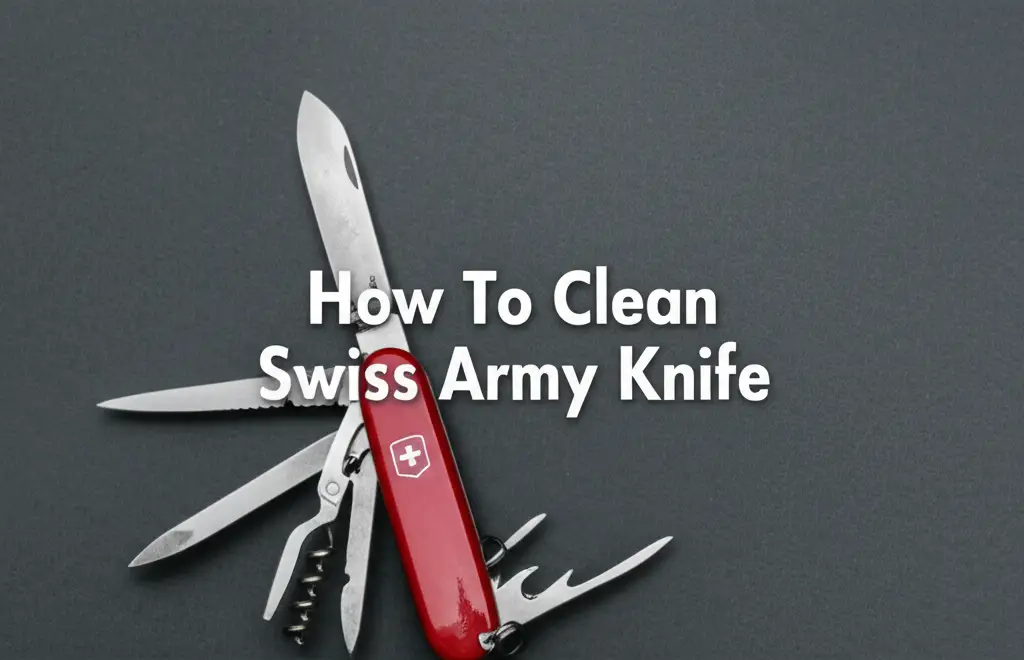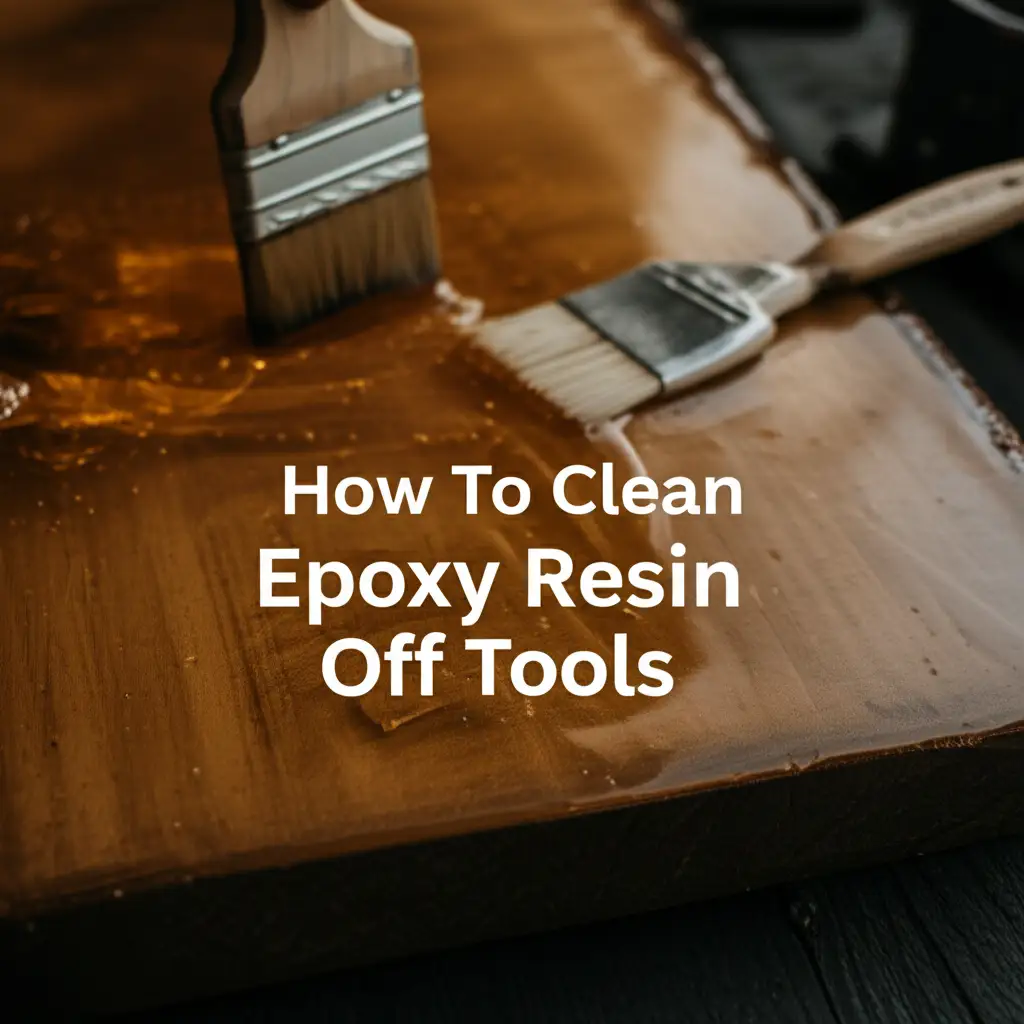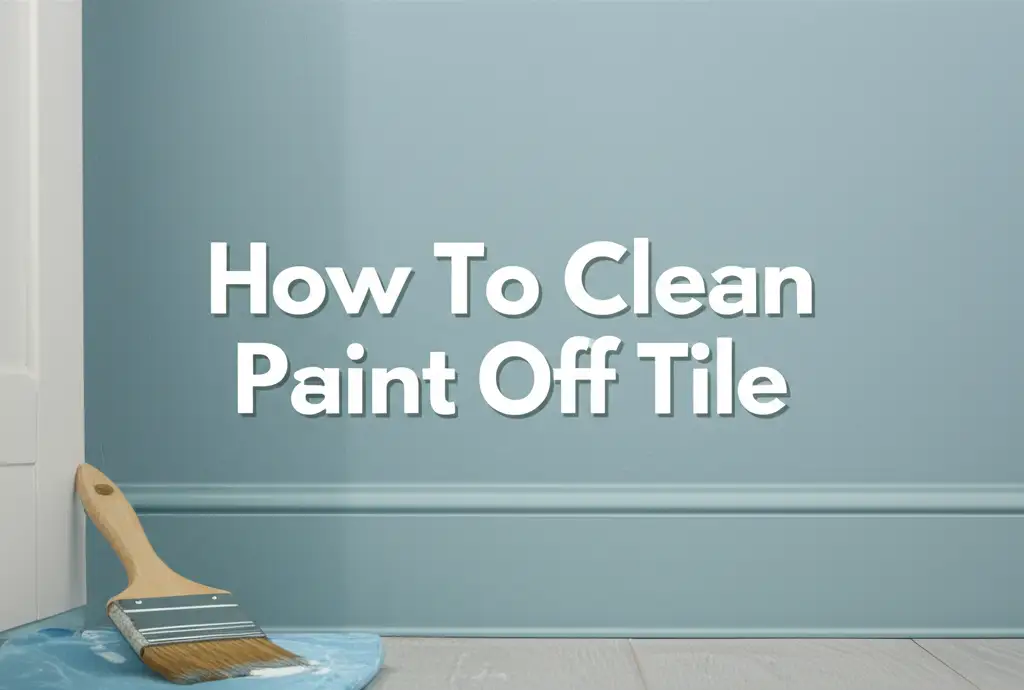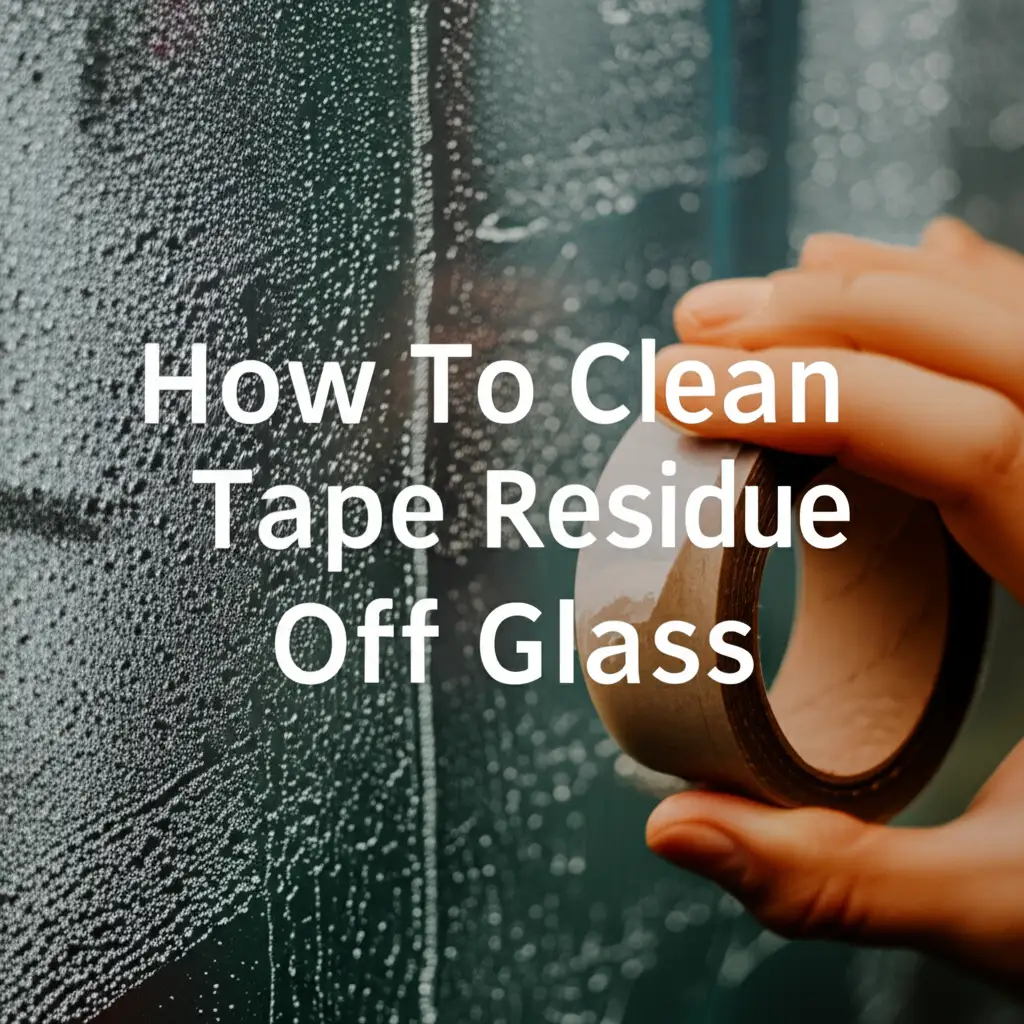· Tool Care · 16 min read
How To Clean Resin Off Tools
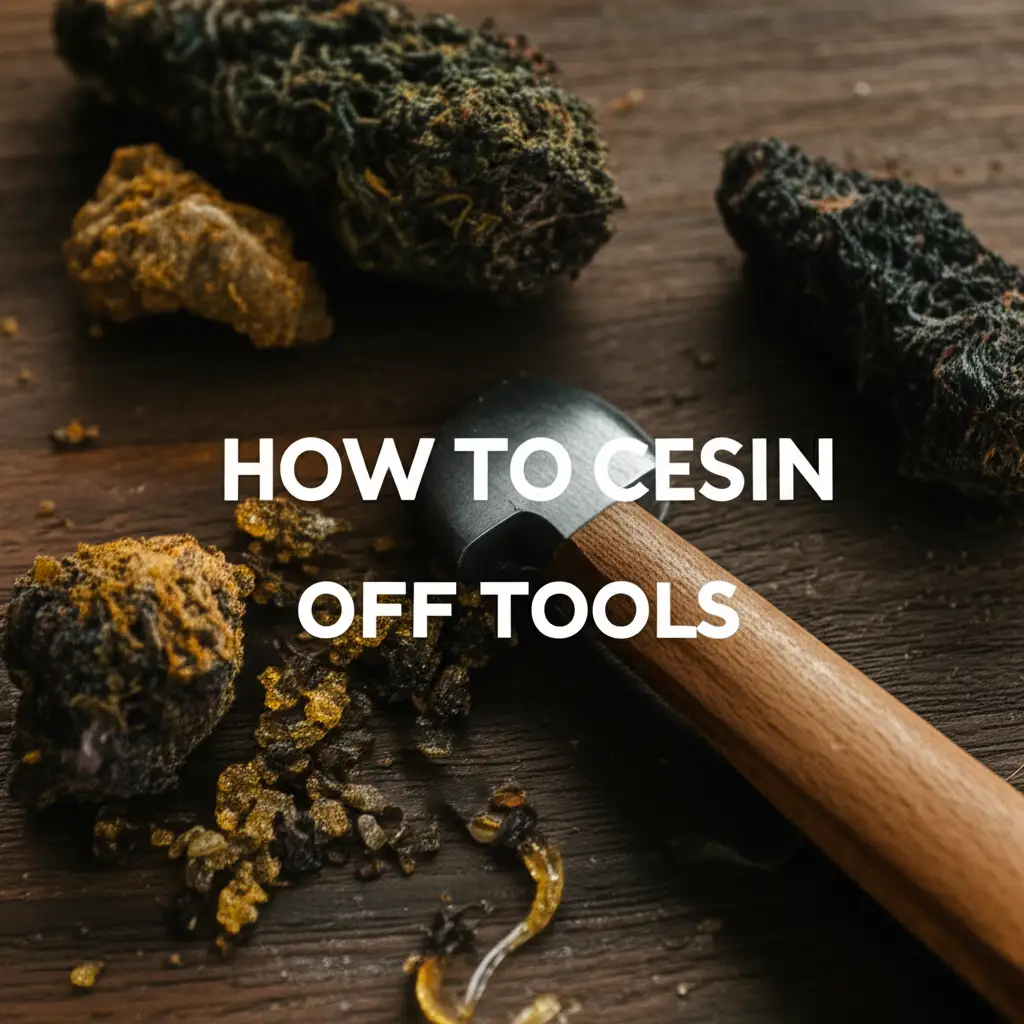
Clean Resin Off Tools: Maintain Your Crafting Essentials
Imagine finishing a beautiful resin project. Your artwork shines, but your tools are covered in sticky, hard-to-remove resin. Cleaning tools properly makes a big difference. It saves you money because you do not have to buy new tools often. Clean tools also ensure better, smoother results for your next creation.
This guide helps you understand how to clean resin off tools effectively. We cover different types of resin and various tool materials. You will learn about safe cleaning agents and proper disposal. I will also share simple prevention tips. This article helps you keep your tools in excellent condition, ready for many more projects.
Takeaway
- Clean resin off tools immediately after use for best results.
- Choose cleaning agents based on the resin type and tool material.
- Always use personal protective equipment for safety.
- Properly dispose of resin waste to protect yourself and the environment.
- Implement preventative measures to reduce future cleanup efforts.
Cleaning resin off tools involves removing uncured or cured resin using appropriate solvents or mechanical methods. The best approach depends on the resin’s state and the tool’s material. Immediate action after use prevents resin from hardening, making cleanup much easier. Safety gear, like gloves and eye protection, is always necessary.
Understand Resin Types and Their Impact on Cleaning
Resin comes in different forms, and each reacts differently to cleaning methods. Knowing your resin type is the first step in effective tool cleaning. The state of the resin, whether liquid or cured, also impacts how you clean it. Understanding these differences helps you choose the right approach.
Different resins have distinct chemical compositions. Epoxy resin, UV resin, and polyurethane resin are common types. Each type requires specific cleaning solvents. Using the wrong cleaner can damage your tools or leave sticky residue. I find it important to identify your resin type before starting any cleanup.
Uncured Resin Removal
Uncured resin is still in its liquid or gel state. It has not fully hardened yet. This is the easiest stage to clean resin off tools. You can often wipe it away with a simple solvent. Alcohol is usually effective for many uncured resins.
For uncured epoxy or UV resin, isopropyl alcohol works well. Wipe the tools quickly after use. This prevents the resin from curing onto the surface. Disposable paper towels or cloths are good for this task. You might need to wipe several times to remove all residue.
Cured Resin Challenges
Cured resin is fully hardened. It has undergone a chemical reaction and is solid. Removing cured resin is much harder than removing uncured resin. Solvents that work on liquid resin often do not work on cured resin. You usually need stronger chemicals or mechanical methods.
Acetone is a common solvent for cured epoxy, but it can harm some plastics. For stubborn cured resin, scraping or even light sanding might be necessary. Sometimes, carefully applied heat helps soften cured resin. Always test these methods on a small, hidden area of your tool first.
Essential Cleaning Agents and Solvents for Resin
Choosing the right cleaning agent is key when you clean resin off tools. Different solvents work best for different resin types and tool materials. Using the correct cleaner makes the job easier and keeps your tools safe. I always keep a few common solvents on hand.
Always work in a well-ventilated area when using solvents. Wear gloves and eye protection to prevent skin contact and eye irritation. These chemicals can be strong. Proper safety measures protect your health.
Isopropyl Alcohol (IPA)
Isopropyl alcohol, or IPA, is a common and effective solvent for uncured resin. It works well on liquid epoxy resin, UV resin, and even some polyurethane resins. I often use 91% or 99% IPA for cleaning my mixing cups and stirring sticks right after use. It evaporates quickly, leaving little residue.
To use IPA, simply pour a small amount onto a paper towel or cloth. Wipe down the tools thoroughly. For tools with a bit more resin, you can soak them briefly in IPA. This helps dissolve the sticky residue. IPA is generally safe for most plastics and metals, but always test a small spot first.
Acetone
Acetone is a very powerful solvent, especially good for removing cured or stubborn uncured epoxy resin. It can dissolve hardened resin that other cleaners cannot touch. Nail polish remover often contains acetone, but pure acetone is stronger. I find it invaluable for those tough resin messes.
However, acetone can damage many types of plastic tools. It will melt or degrade them. Only use acetone on metal, glass, or silicone tools. Apply acetone with a rag. For thick cured resin, you might need to soak the tool or scrub with a brush. Always ensure good ventilation when using acetone. You can find more specific tips on cleaning epoxy resin from tools here.
Denatured Alcohol
Denatured alcohol is another strong solvent that can clean resin off tools. It is usually a mixture of ethanol with additives that make it undrinkable. It works similarly to isopropyl alcohol but can be more aggressive. I sometimes use it for general resin cleanup tasks.
It is effective for uncured epoxy and other liquid resins. Use it with caution, as it can also affect some plastics. Denatured alcohol evaporates quickly and leaves surfaces clean. Always wear appropriate personal protective equipment, such as gloves, when handling denatured alcohol.
Cleaning Tools Made of Different Materials
The material of your tools dictates the best cleaning method. What works for metal might harm plastic or silicone. Knowing how to clean resin off tools based on their material extends their life. I organize my cleaning supplies according to tool types for easy access.
Careful consideration of tool material prevents damage. Some solvents are too harsh for delicate surfaces. Always perform a small patch test if you are unsure. This helps avoid ruining your favorite tools.
Metal Tools: Scrapers, Spreaders
Metal tools, such as spatulas, scrapers, and spreaders, are generally durable. They can withstand strong solvents and mechanical cleaning. For uncured resin, wipe them immediately with isopropyl alcohol or denatured alcohol. Most uncured resin will come right off.
For cured resin on metal tools, acetone is usually safe and effective. You can soak the metal part in acetone for a few minutes. Then, use a stiff brush or a plastic scraper to remove softened resin. A razor blade can carefully scrape off cured resin from flat metal surfaces. Ensure you scrape away from your body.
Plastic Tools: Mixing Sticks, Measuring Cups
Plastic tools, including mixing sticks, measuring cups, and some spreaders, are more sensitive. Many plastics react poorly to strong solvents like acetone. Acetone can melt or deform them. I always avoid acetone on my plastic tools.
For plastic tools, your best bet is to clean them while the resin is still uncured. Wipe them thoroughly with isopropyl alcohol. If resin hardens on plastic, it becomes very difficult to remove without damaging the tool. You might have to gently scrape with a plastic tool. Sometimes, it is easier to consider these items disposable once resin cures on them.
Silicone Tools: Molds, Mats
Silicone tools, like mixing cups, molds, and work mats, are fantastic for resin work. Resin typically does not stick permanently to silicone once it cures. This makes cleaning silicone tools relatively easy. I love working with silicone because it simplifies cleanup.
For uncured resin, wipe silicone tools with isopropyl alcohol. For cured resin, simply wait for it to fully harden. Then, flex the silicone material. The cured resin will usually peel right off. You can gently pull large pieces of resin out of silicone molds. For specific advice, you can find more information on cleaning resin from silicone cups here.
Wooden Tools: Handles, Stirrers
Wooden tools, such as brush handles or stirring sticks, absorb liquids easily. This makes cleaning resin off them a bit tricky. Uncured resin can soak into the wood grain. Cured resin can become very bonded to the wood. I try to protect wooden handles whenever possible.
For uncured resin on wood, wipe immediately with a cloth dampened with isopropyl alcohol. Do not saturate the wood, as this can cause swelling or damage. For cured resin, gentle scraping is often the only option. Sanding with fine-grit sandpaper might remove thin layers. However, deep resin stains on wood can be permanent. Sometimes, it is better to dedicate a wooden tool for resin use only.
Mechanical Removal Techniques for Stubborn Resin
Sometimes, solvents are not enough, especially with cured resin. Mechanical methods become necessary when you need to clean resin off tools that have stubborn, hardened residue. These techniques involve physically removing the resin. Always use caution to avoid damaging your tools or yourself.
The key to mechanical removal is patience and proper tools. For example, using a too-sharp scraper can scratch delicate surfaces. I always start with the least aggressive method first. Gradually increase the intensity if the resin remains.
Gentle Scraping
Scraping is effective for removing both uncured and cured resin. For uncured resin, a plastic scraper or even a used credit card works well. You can push the wet resin off the tool surface. This prevents it from curing onto the tool. I often use silicone scrapers for this purpose.
For cured resin, you might need something firmer. A metal scraper or a razor blade can remove hardened resin from metal or glass tools. Hold the scraper at a low angle. Apply firm, steady pressure. Be careful not to scratch the tool’s surface. Always scrape away from your body to prevent injury.
Sanding for Cured Resin
Sanding is a last resort for very stubborn cured resin on durable tools. It works best on metal or hard plastic that can be re-polished. Sanding removes the resin by abrading it away. This method will likely scratch the tool’s surface.
Start with a coarse-grit sandpaper to remove the bulk of the resin. Follow up with finer-grit sandpaper to smooth out any scratches. You can also use a sanding block for even pressure. This technique is only suitable for tools where surface finish is not critical or can be restored. I rarely resort to sanding unless a tool is truly covered in cured resin and needs saving.
Heat Application for Softening Resin
Heat can soften certain types of cured resin, making it easier to remove. This method works well for small amounts of cured resin. A heat gun or even a hairdryer can apply gentle heat. I use a low heat setting to avoid overheating the tools or releasing harmful fumes.
Hold the heat source a few inches from the resin-covered area. Heat the resin just until it becomes slightly pliable. Then, quickly scrape it off with a plastic or metal scraper. Do not overheat the resin, as it can produce strong odors or even burn. Be cautious when applying heat to plastic tools, as they can melt easily. This technique is particularly useful for tools with crevices or intricate designs where scraping alone is difficult.
Safety Precautions and Proper Disposal of Resin Waste
Working with resin and its cleaning agents requires attention to safety. These materials can be harmful if not handled properly. Protecting yourself and the environment is paramount. I always prioritize safety when cleaning up.
Proper ventilation prevents the buildup of fumes. Personal protective equipment protects your skin and eyes. Responsible waste disposal keeps harmful chemicals out of landfills and waterways. Follow these guidelines to ensure a safe working environment.
Personal Protective Equipment (PPE)
Always wear personal protective equipment (PPE) when handling resin and cleaning solvents. This protects your body from chemical exposure. I never work without my gloves and safety glasses. These items are inexpensive and offer vital protection.
- Gloves: Nitrile gloves are best for chemical resistance. Latex gloves may not offer enough protection against some solvents. Change gloves if they tear or become saturated.
- Eye Protection: Safety glasses or goggles shield your eyes from splashes and fumes. Resin can cause severe eye irritation.
- Respirator: For strong fumes from certain resins or solvents, wear a respirator with organic vapor cartridges. This protects your lungs.
Ventilation is Key
Good ventilation is crucial when working with resin and cleaning agents. Fumes can build up quickly in enclosed spaces. Inhaling these fumes can cause respiratory irritation, headaches, or more serious health issues. I always open windows and doors when working.
Work in a well-ventilated area, preferably outdoors or in a garage with open doors. If working indoors, use an exhaust fan to draw fumes away from your workspace. A small fan placed near your work area can also help circulate air. Ensuring fresh air flow reduces the risk of fume exposure.
Safe Disposal Practices
Properly disposing of resin waste and used cleaning materials is essential. You cannot just pour resin down the drain or throw it in the regular trash. Uncured resin is considered hazardous waste. Cured resin is generally inert but still requires proper disposal.
- Uncured Resin: Never pour liquid resin or solvents down the drain. This pollutes water systems. Collect all liquid resin waste, including resin-soaked paper towels and rags, in a dedicated container. Seal the container tightly.
- Cured Resin: Cured resin can often be disposed of with regular household trash once fully hardened and inert. However, check local regulations. Some areas have specific rules for hardened resin.
- Soiled Rags/Paper Towels: Allow rags and paper towels soaked with uncured resin to cure in direct sunlight if possible. Once cured, they can often be disposed of with regular trash. If they cannot cure, seal them in a container for hazardous waste disposal.
- Local Regulations: Always check your local waste disposal guidelines. Many communities have specific drop-off points for hazardous waste. This ensures safe and environmentally friendly disposal.
Preventative Measures: Keep Your Tools Cleaner Longer
The best way to clean resin off tools is to prevent it from sticking in the first place. A little foresight goes a long way. Implementing preventative measures saves you time and effort in the long run. I find that quick actions during and after a project make a huge difference.
These simple habits protect your tools and make your resin crafting more enjoyable. You spend less time scrubbing and more time creating. Investing in a few preventative items can also pay off.
Wipe Tools Immediately
The single most effective preventative measure is to wipe your tools immediately after use. Uncured resin is much easier to remove than cured resin. Do not let liquid resin sit on your tools for even a few minutes. I always have a roll of paper towels and a bottle of isopropyl alcohol handy.
As soon as you finish stirring or spreading, wipe the tool clean. Use a disposable paper towel or a dedicated cleaning cloth. A quick wipe often removes all residue. This simple act prevents the resin from hardening onto the tool surface.
Use Silicone Mats and Liners
Silicone is a resin crafter’s best friend. Resin does not stick to cured silicone. Using silicone mats on your workspace protects your surfaces from spills. Silicone liners for mixing cups also simplify cleanup. I use silicone for almost everything that might contact resin.
Place silicone mats under your projects. Use silicone mixing cups or line plastic cups with silicone liners. Any resin spills on the mat will peel right off once cured. If you use a silicone cup, wait for the residual resin to cure, then simply pop it out. This method significantly reduces cleanup time.
Apply Release Agents
For tools that frequently come into contact with resin, consider using a release agent. These products create a non-stick barrier between the resin and your tool. They are commonly used for molds but can also protect other surfaces. I apply them to tools I use often.
Spray or wipe a thin layer of mold release wax or spray onto your tools before use. This creates a barrier that makes resin much easier to remove. This works particularly well for metal tools or surfaces where you want to ensure no sticking. Always follow the product instructions for the best results.
Consider Disposable Options
For certain tasks, using disposable tools can save you a lot of cleaning effort. Items like wooden stirring sticks, small plastic measuring spoons, or even paper mixing cups are inexpensive. You can use them once and then dispose of them. I keep a stash of disposable items for quick jobs.
This eliminates the need to clean these specific tools. While not suitable for all tools, disposable options reduce your overall cleanup burden. They are particularly useful for small batches of resin or highly pigmented mixtures that might permanently stain reusable tools.
Frequently Asked Questions
Can I use water to clean resin off tools?
Water alone is generally not effective for cleaning resin off tools. Most resins, especially epoxy, are hydrophobic, meaning they do not mix with water. For uncured resin, you need solvents like isopropyl alcohol. Water might work for cleanup after a solvent, but it does not dissolve resin.
What if resin cures on my tools?
If resin cures on your tools, cleaning becomes harder. For durable tools like metal, you can use acetone to soften the resin or carefully scrape it off. For plastic tools, cured resin is often impossible to remove without damage. Sometimes, gentle heat can help soften cured resin on some tools for easier removal.
Is it safe to use acetone on all tools?
No, it is not safe to use acetone on all tools. Acetone is a very strong solvent. It can melt or degrade many types of plastic tools. Only use acetone on metal, glass, or silicone tools. Always test a small, hidden area first to ensure it does not cause damage.
How do I prevent resin from sticking to my tools?
To prevent resin from sticking, wipe tools immediately after use with isopropyl alcohol. Use silicone mats and liners, as cured resin peels easily from silicone. Applying a mold release agent to tools can also create a non-stick barrier. Consider using disposable tools for specific tasks to minimize cleanup.
Can I reuse tools after cleaning?
Yes, you can absolutely reuse tools after cleaning them properly. Cleaning your tools thoroughly after each use extends their lifespan significantly. This saves you money and ensures your tools are in top condition for your next resin project. Proper care allows for many uses.
Conclusion
Cleaning resin off tools does not have to be a dreaded chore. By understanding different resin types and tool materials, you can choose the most effective cleaning methods. Immediate action after use is your best defense against stubborn residue. Solvents like isopropyl alcohol and acetone are powerful allies.
Remember to prioritize safety with appropriate personal protective equipment and good ventilation. Proper disposal of resin waste protects the environment. Implement preventative measures like wiping tools immediately and using silicone mats. These simple steps keep your tools in excellent condition, ready for your next creative endeavor. Visit Bea Cleaner for more cleaning solutions and tips.
- Resin Cleaning
- Tool Maintenance
- Epoxy Resin
- DIY Cleaning

